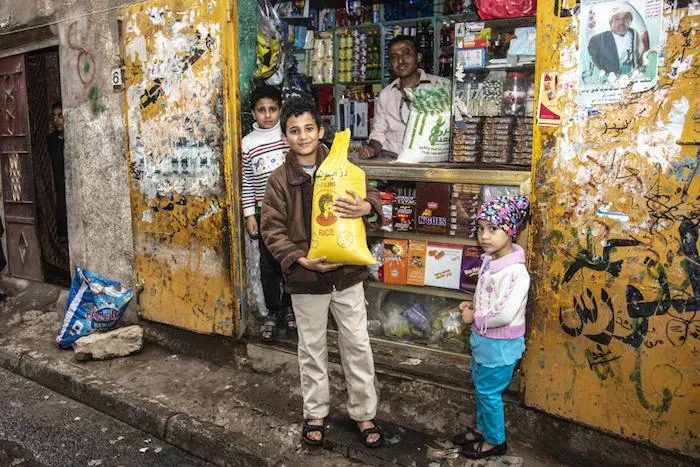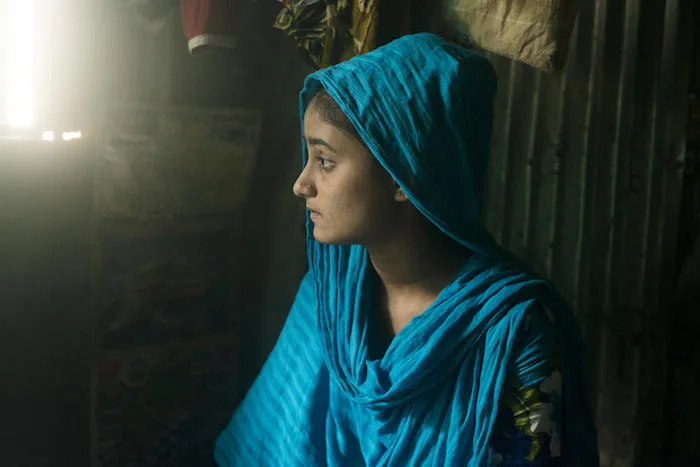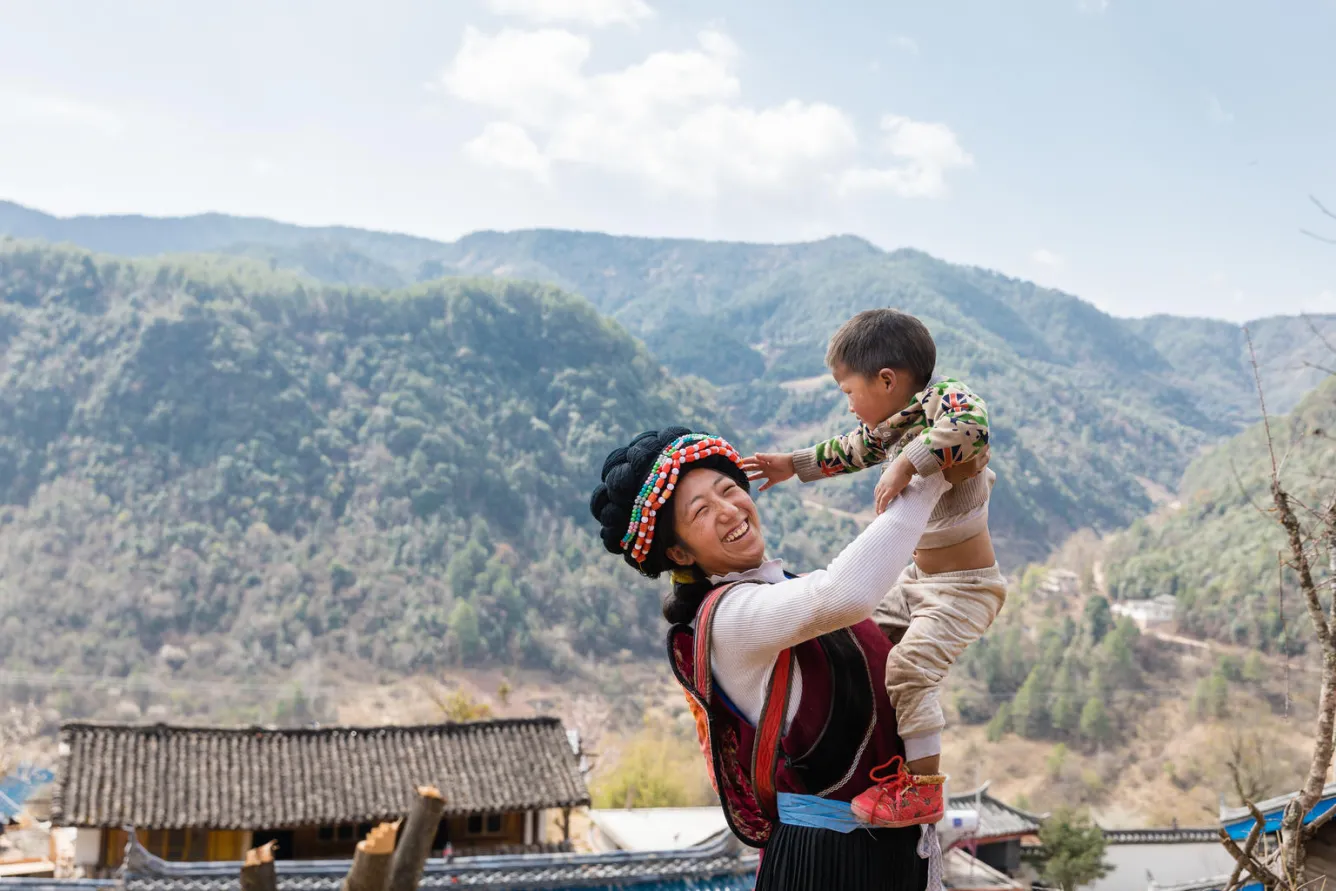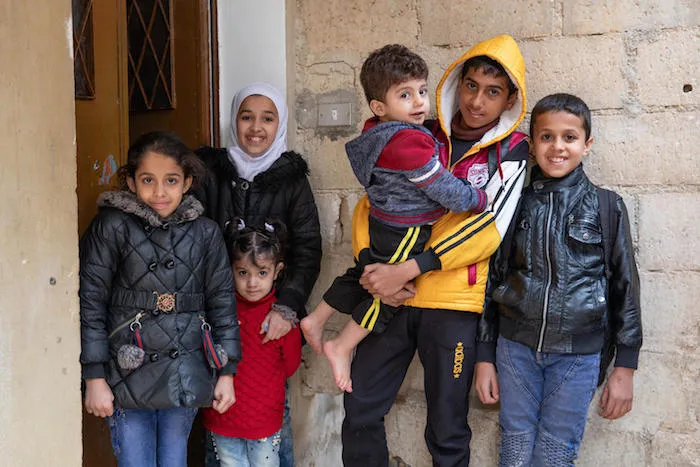Universal Child Benefits A Must in Fight Against COVID-19
For years, UNICEF has successfully provided emergency cash transfers to vulnerable families with children to offset hardship and deprivation caused by poverty, conflict and other crises.
Backed by the findings of a new report, UNICEF is now urging governments to introduce or expand their own child benefit programs — and to make them universal and unconditional.

Universal child benefits — or UCBs — are the lifeline families need now more than ever, UNICEF argues, as the economic impacts of COVID-19 threaten to undo years of progress against poverty.
Because UCBs provide cash benefits to families with children regardless of a family’s income, they help to narrow existing coverage gaps and fulfill a child’s right to social protection. Families are not typically required to meet specified conditions before receiving the benefit, nor must they contribute to it.
Evidence that cash benefits work
By reducing deprivation, UCBs improve children's overall well-being, health, education, food security, productivity and ability to contribute to their societies and economies when they reach adulthood. Families that receive child benefits are more able to access health care and send their children to school. They are less likely to rely on child labor or suffer from debilitating stress that can lead to domestic strife and violence.
The report, Universal child benefits: Policy issues and options — a joint release by UNICEF and the Overseas Development Institute (ODI) — is a detailed exploration of these and other advantages as well as the practical considerations of the approach. The findings are the culmination of a nearly two-year effort to study UCBs, and to support and promote informed debate and decision making regarding cash transfers.
From this effort, UNICEF and ODI found that UCBs provided to children in middle-income countries at a cost of just 1 percent of GDP would lead to a 20 percent decline in poverty across the entire populations.
And yet only one in 10 countries in the world offer them.

As the report highlights, some 385 million children around the world already live in extreme poverty, struggling to survive on $1.90 a day or less. Falling into poverty during childhood can have lasting effects. Rarely does a child get a second chance at an education or a healthy start in life.
Before COVID-19, children were already more than twice as likely as adults to live in extreme poverty, and now the economic fallout from the pandemic threatens to hit them the hardest.
There are other reasons to universalize benefits rather than provide them to a select group or attach conditions. UCBs:
- avoid burdensome red tape and clerical errors that may inadvertently exclude eligible families
- erase any potential stigma associated with being a recipient
- are easier to scale up in an emergency
Researchers found no evidence that UCBs encourage people to stop working in paid jobs. Rather, the cash transfers help parents manage the demands of employment and meet their families' needs.

“Investing in children not only changes their lives but yields high dividends for their communities and for society as a whole,” UNICEF Executive Director Henrietta Fore said.
"Now more than ever, as the economic fallout of COVID-19 threatens to roll back years of progress in reducing poverty, universal child benefits can be a lifeline. They can protect vulnerable families from deepening levels of poverty and deprivation, and can save countries from catastrophic societal and economic impacts.”

As part of its call to action, UNICEF stands ready to work with governments to assist with legislation, policy and financing considerations. UNICEF already works in over 100 countries helping to develop or strengthen their social protection systems and to expand their coverage to reach the most disadvantaged children and adolescents.
